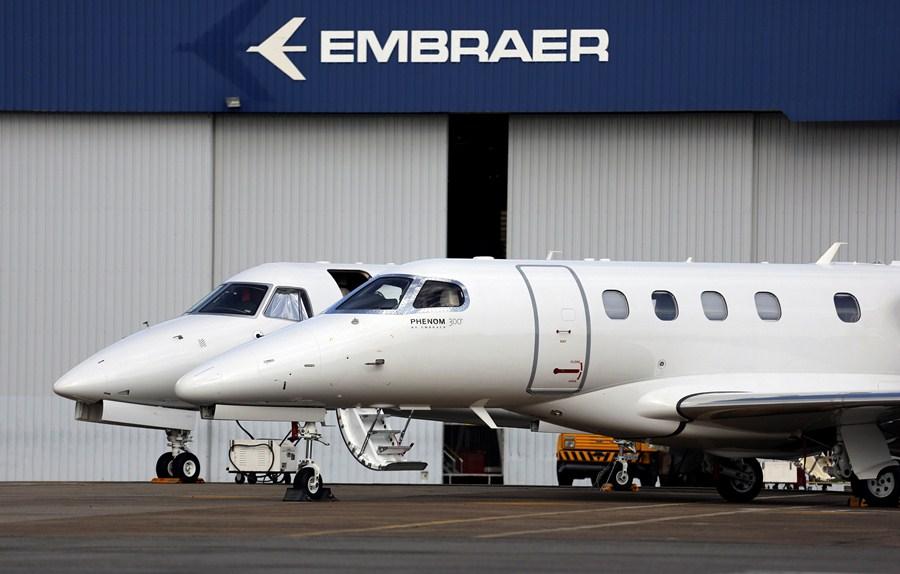RIO DE JANEIRO, BRAZIL – Following the failed partnership with American aircraft giant Boeing in the commercial jet unit, an agreement that was terminated on Saturday, Brazilian aircraft manufacturer Embraer is pursuing a pragmatic strategy to succeed on its own, in a market severely impacted by the novel coronavirus pandemic.

Embraer will also claim damages from Boeing for what, in its opinion, is a willful breach of contract: it has just announced that it has initiated an arbitration proceeding against its long-standing partner in other ventures.
The largest Brazilian technology exporter is renegotiating contracts with suppliers and has agreements with labor unions on cutting hours and wages, in order to save US$1 billion this year. The aim is to preserve cash during the storm.
Embraer has already spent R$485 million (US$97 million) on unbundling the regional jet business from its other divisions (executive and military) and had expected to collect US$4.2 billion from Boeing at this point with the expected closing of the transaction, announced in July 2018.
The outlook for the commercial jet business is good, in Embraer’s perspective. “The largest portion of our sales is replacement of older aircraft, rather than line growth. We believe this trend will continue when airlines restart their activities, and with more focus on domestic routes,” said Francisco Gomes Neto, president of Embraer, in a teleconference meeting with financial market analysts on Monday, April 27th.
Boeing at Risk
Boeing’s termination of its deal with Embraer is being perceived as a very bad indicator of the future of the American company’s finances. When put together, the financial information is, in fact, worrying.
Boeing has alleged that Embraer had not fulfilled all of the conditions precedent for closing the deal, which would mean that the Brazilian company is not entitled to any compensation for the contract rescission.
On the other hand, Boeing has failed to state which conditions were breached; Embraer, for its part, has accused the American company of fabricating false allegations in order to be able to terminate the deal, thus avoiding a cash outflow of US$4.2 billion.
Last year, Boeing’s net revenues dropped 24 percent to US$76.6 billion. But the figure drawing particular interest was the company’s cash flow generation, which turned negative by US$2.4 billion, down from a positive US$15.3 billion in 2018.
In other words, last year, in addition to not generating more funds, Boeing used up part of what it had. The downward variation from one year to the next was no less than US$ 18 billion. With no new money generated, the company closed December with US$ 10 billion in cash, against US$25 billion in debts.
The reason for the damage to Boeing’s finances is clear: the 737 Max. The tragedy with the Lion Air and Ethiopian Airlines flights, which took the lives of 364 people, is the explanation of why last year was so bad, and explains this year’s poor earnings projections as well. The coronavirus pandemic has only made it more glaringly evident.
When it released its 2019 financial statements recently, Boeing said it estimated additional production costs for this year of US$4 billion as a result of its issues. The 737 Max crisis has become nothing less than the company’s No. 1 risk factor.
In addressing this issue, Boeing states that it is currently facing charges and complaints related to late deliveries and shutdowns of the US$8.3 billion orders by airlines, the net value of the US$500 million insurance coverage.
The company will release its first quarter financial statements next Wednesday: the figures are eagerly awaited. With each scenario update, analysts broaden loss estimates from the 737 Max debacle.
Now, the failure of the merger operation with Embraer, the completion of which would have triggered the US$4.2 billion payment obligation to the Brazilian company, has lit a warning sign regarding the American giant’s finances.
It was already clear that the problem was serious; however, with the unimaginable coronavirus pandemic, the potential tragedy takes on a new dimension.
Source: Exame

